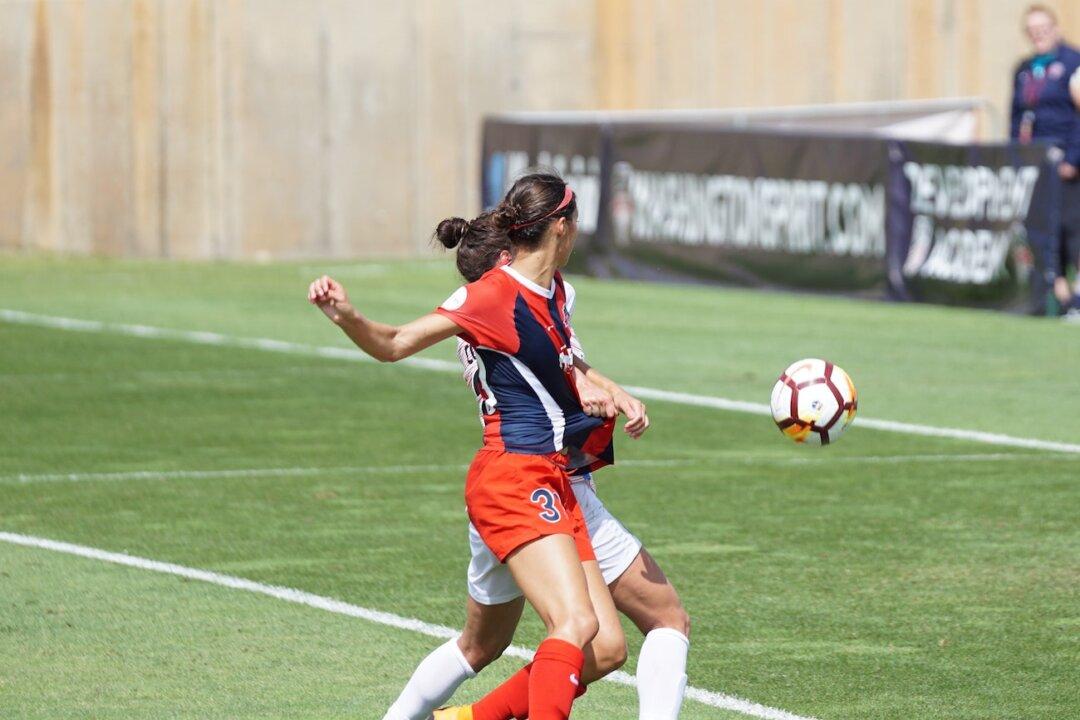Utah Gov. Spencer Cox on March 22 vetoed a bill that would ban transgender students from participating in girls’ sports in public schools, coming a day after Indiana Gov. Eric Holcomb vetoed a similar bill in his state.
In response, Utah Senate President Stuart Adams and House Speaker Brad Wilson said they have the two-thirds majority needed to override the veto and indicated they would hold a veto override session on March 25.




